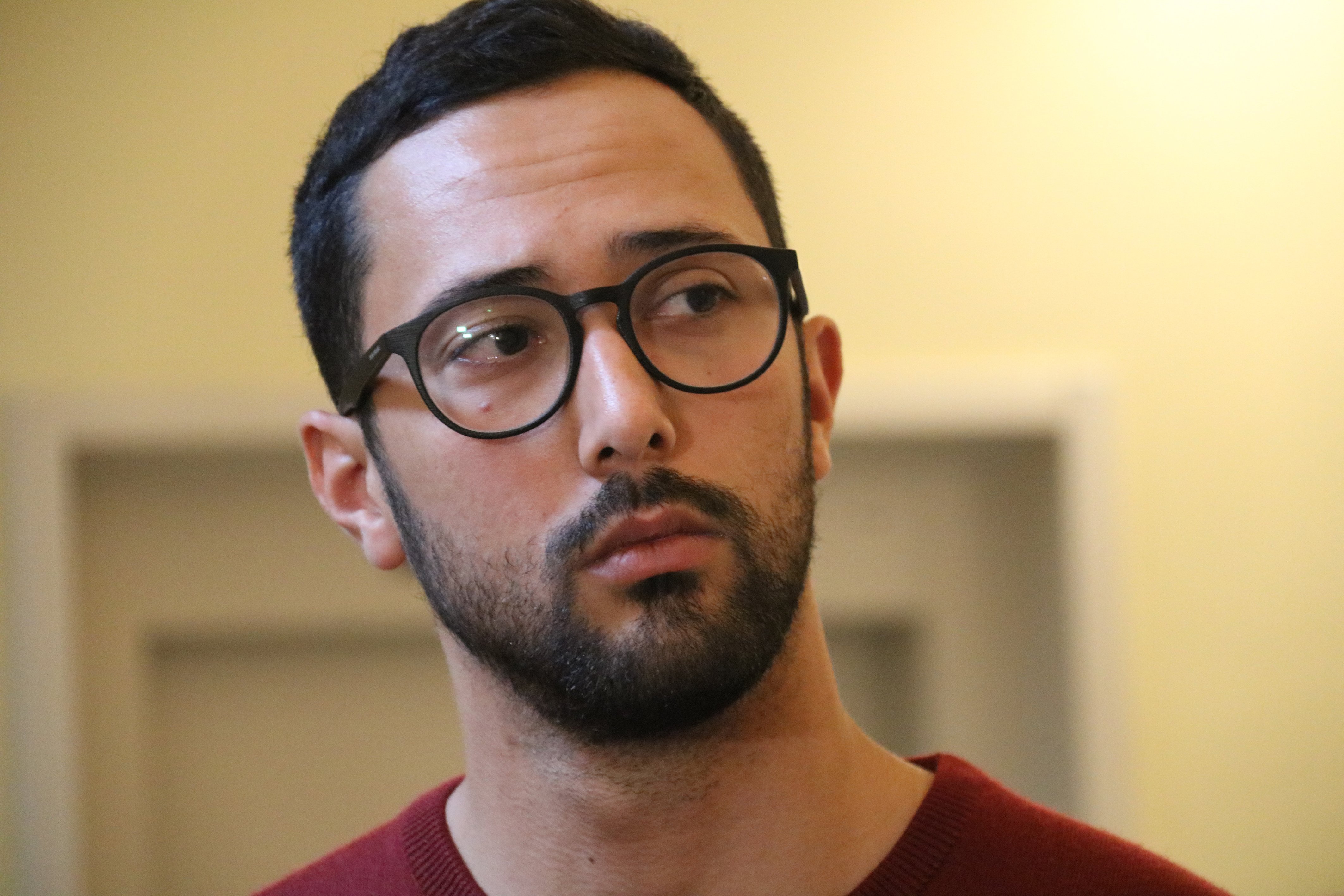Josep Miquel Arenas, better known by his stage name Valtònyc, has presented a lawsuit against Spain to the European Court of Human Rights over his prison sentence for his lyrics. According to ACN, the Catalan news agency, his defence filed the complaint in Strasbourg on 22nd October, ahead of the deadline at the end of the month. Their principal allegation is that the Spanish state has violated article 10 of the European Convention on Human Rights, which provides the right to freedom of expression. The court will have to first decide if the lawsuit is admissible and, if so, if Spain has violated the right to freedom of expression in sentencing the rapper to three and a half years in prison on charges of glorifying terrorism, insulting the crown and threats.
The lawsuit also mentions the decisions taken so far in the ongoing case of the extradition warrant again him by the Belgian justice system. On 17th September, a court in Ghent rejected the European Arrest Warrant against the rapper, saying that his case fell within freedom of expression and, in any case, didn't meet the requirement of dual criminality, in other words, that the facts constitute criminal action in both jurisdictions. In August, the judge had already discounted his automatic extradition on the charge of terrorism that Spain's National Audience had included in the paperwork.
European precedent
In an interview with ACN in September, the rapper said that he believes his case could create a precedent like the case of burning photographs of the king, which came down against the Spanish state, finding that such actions fall under freedom of expression. "I want my case to create a precedent and for the justice system to be unable to ever again deprive a rapper of their freedom or prevent their family from seeing them for the simple act of expressing themselves," he said.
Earlier this year, the European Court of Human Rights rejected an application for cautionary measures presented by Valtònyc's Spanish defence counsel to try and suspend his then imminent entry into custody. That application was based on article 39 of the Court's regulations, which is very restrictive in terms of the cases in which it suspends sentences. Indeed, it limits that, broadly, to when there is a risk to life.
Next steps
Although the first decision from Belgium came down in Valtònyc's favour, it wasn't the final verdict. Instead, prosecutors from East Flanders, representing Spain, have appealed. The decision on this appeal will be announced on 6th November.
Regardless of which way the Ghent appeals court decides, both the accusation and the defence can appeal to the appeals court in Brussels, which will take the final decision. A decision against extraditing him, however, has no effect on his legal status in Spain. Only the European Court of Human Rights can modify that by annulling or modifying the National Audience's sentence in response to this new lawsuit.

